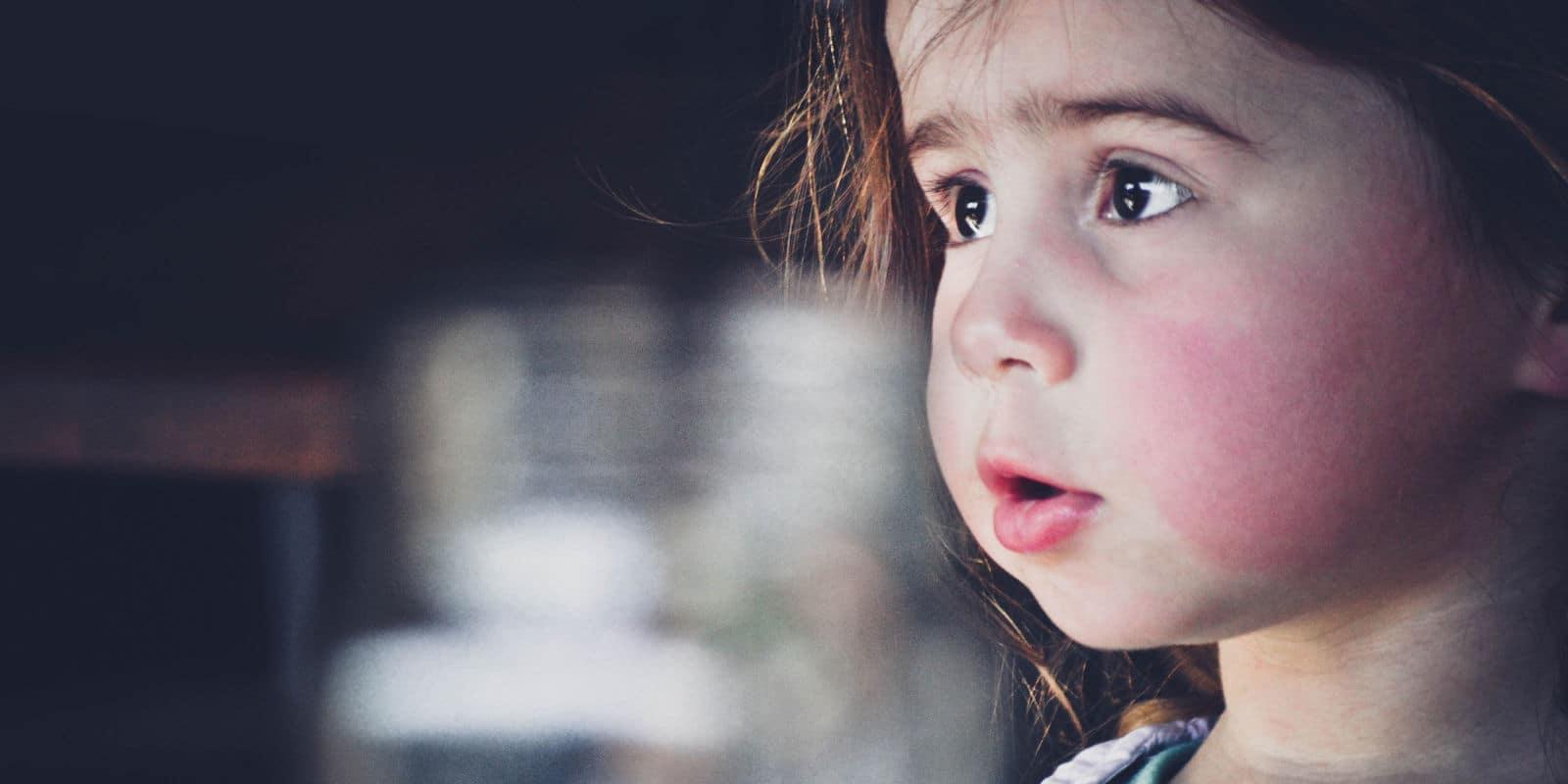Also known as parvovirus B19 or fifth disease, slapped cheek syndrome is defined as a viral infection which is commonest in children in spite of its ability to have an effect on people of any age. Slapped cheek syndrome often gives the cheeks a bright red rash.

Alarming as the rash may look, slapped cheek syndrome is usually a mild infection which can automatically go away in one to three weeks. You are often immune to it forever once you have contracted the infection.
Nevertheless, slapped cheek syndrome for some people can become more severe. In case you are pregnant, have a blood disorder or your immune system is not strong and you have been infected by virus, you should take some medical advice.
Symptoms of slapped cheek syndrome
After you are infected, symptoms of slapped cheek syndrome normally develop four to fourteen days. However, it may wait until the 21st days to appear.
Initial symptoms
Even though early symptoms of slapped cheek syndrome may sometimes not be noticed, most people will have these symptoms below for a couple of days:
- a slightly high temperature of approximately 38 degree Celsius
- a runny nose
- a churning stomach
- a headache
- a painful throat
- a feeling of fatigue
During the course of this beginning period, the infection is very contagious.
The adults who have this syndrome can also experience stiffness and joint aches, which may not stop for many weeks or months after the occurrence of others symptoms.
Slapped cheek rash
When a few days have passed, on both of the cheeks there appears a distinguishing bright red rash. This does not usually happen to adults.
By the time this rash grows, no longer is the condition contagious. On the chest, arms, thighs, as well as stomach there may also exist a light pink rash after another couple of days. This can be itchy and look like lace. Within a week or a fortnight, the rash usually discolors despite the fact that the body rash can sometimes come and go for a couple weeks when the infection is gone. Exercise, agitation, heat, stress are potential causes of this.
When to get medical advice
The condition usually improves by itself, so you often need not see your GP should you believe that you or your child has slapped cheek syndrome. Still, you are advised to contact your GP or doctor if you have just made contact with any who have slapped cheek or you experience the symptoms of the infection and:
- You are pregnant. Infection when you are pregnant, especially pregnancy in early stage, can put you in danger of stillbirth, miscarriage, or other complications. Yet, there is no major risk and most of the pregnant are already immune.
- You have a blood disorder or your immune system is feeble. Serious anemia can be triggered by the infection and may require treatment in hospital.
- You have symptoms of serious anemia. Your complexion is pale gray, or you experience serious shortness of breath, or fatigue or fainting.
Under such circumstances may doctors conduct a blood test to determine if you are immune to the infection. In case you are not immune, doctors will keep a careful eye on you to check for problems.
Provided that a serious anemia develops, there is likelihood that you will require hospitalization and a blood transfusion as a replacement for your damaged blood cells.
Hello Health Group does not provide medical advice, diagnosis or treatment.
[embed-health-tool-bmi]


















